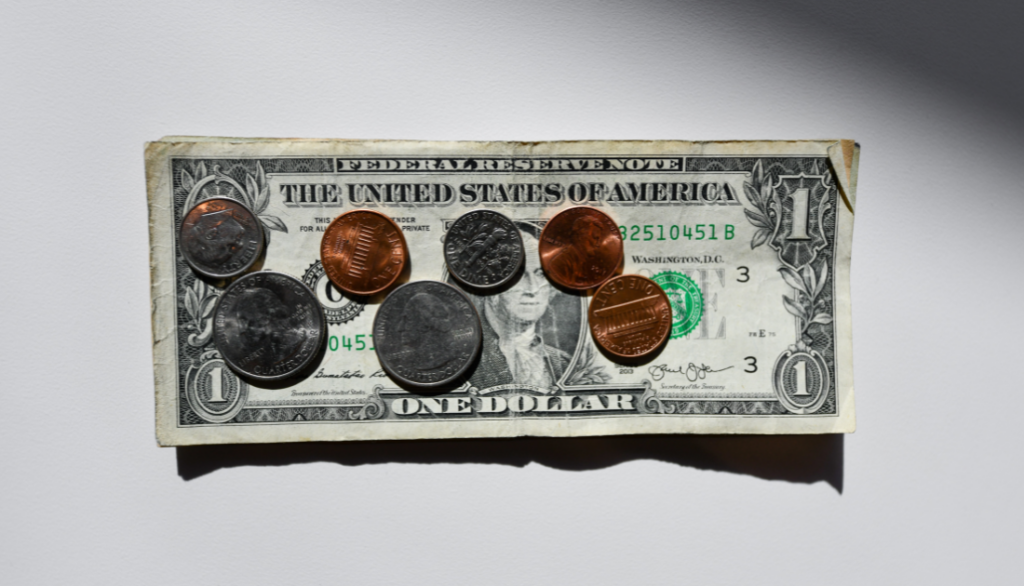Saving money is important to achieving short and long-term financial goals. There are numerous ways to save, and a high-yield savings account is one option for building your savings.
For those unfamiliar with this financial tool, there may be questions about the security of it, when to use it, and how to find one. We have rounded up some frequently asked questions and answers to help you learn more about this unique way to save.
What is a high-yield savings account?
A high-yield savings account is a savings account that can offer a much higher interest rate than a typical savings account. High-yield savings accounts can pay up to 20 to 25 times the national average of a standard savings account.
How high will high-yield savings rates go?
There is no way to know how high-yield savings rates will change in coming months and years. The U.S. Federal Reserve rate, which influences how banks and lenders set interest rates, has risen significantly in the past year and is expected to be raised further in 2023. This could cause high-yield savings account rates to increase as well.
See Also: High-Yield Savings Accounts Built For Doctors
Are high-yield savings accounts worth it?
High-yield savings accounts can be a great place to store your savings, but ultimately, the value of a high-yield savings account comes from the way the account holder chooses to use it. If you are looking for an easily accessible place to store your cash while it earns more interest than the typical savings account, a high-yield savings account may be the right choice for you.
Take a look at your financial goals to determine if a high-yield savings account will benefit your needs. High-yield savings accounts can be a great place to store an emergency fund or other short-term savings goal.
If you don’t mind your funds being inaccessible for a period of time, a certificate of deposit (CD) may offer you a better interest rate in a similar low-risk way. Making strategic investments is another option to make a higher longer-term yield but could come with more risk.
See Also: How A High-Yield Savings Account Can Help Doctors Save Money Faster
What is the difference between a high-yield savings account and a CD?
High-yield savings accounts offer a secure and accessible place to store money that will grow passively. The rates on high-yield savings accounts can fluctuate up or down depending on the market.
Certificates of deposit are also secure but lock in a single interest — and can be higher than those of high-yield accounts — for a fixed period of time. Withdrawing funds from a CD before the term is over will incur fees or a loss of interest earned.
Are high-yield savings accounts safe?
As long as your account is at a financial institution that is FDIC insured, your savings account will be insured up to $250,000 per depositor, per insured bank, for each account ownership type. That is why it is important to make sure you understand if your savings account is FDIC insured.
What are the downsides of a high-yield savings account?
High-yield savings accounts are low risk and easily accessible, making them a great place to store short-term savings, but there are some potential downsides you should know.
Cons of high-yield savings accounts include:
- Withdrawal limits – Some banks charge account holders fees if they make more than six withdrawals in a 90 day cycle.
- Rates fluctuate – Rates may move up and down, preventing you from predicting your return over time.
- Not the best choice for long-term savings – High-yield savings accounts offer much better interest rates than traditional savings accounts, but often, you won’t earn enough over the long-term to account for inflation. Investments may be a better option for a longer-term, greater yield.
Should I put my money in a high-yield savings account or invest?
When choosing between placing your money in a high-yield savings account or investing, the best decision for you depends on your goals. High-yield savings accounts are good for short-term savings, like emergency funds, while investing can be better for long-term goals, like retirement.
See Also: A Doctor’s Guide to Building an Emergency Fund
Does closing a high-yield savings account affect credit score?
Closing a bank account, like a high-yield savings account, doesn’t typically impact your credit, unless your account isn’t in good standing. According to the Consumer Financial Protection Bureau, the three major credit bureaus don’t typically use bank account history when determining credit score.
If your account is in bad standing, you may see the effects on your credit score. A negative balance or if your account is closed by the bank due to overdraw, your balance could be sent to a third-party collection agency, impacting your credit score.
See Also: How Doctors Can Improve Their Credit Score & Other Common Credit Score Questions
What to look for when opening a high-yield savings account
Not all high-yield savings accounts look the same. Know what to look for so you can choose one with confidence.
Rates
It is easy to go with the highest rate on a high-yield savings account, but there are other factors that should be considered. Some banks advertise a high rate, but that rate is a promotional offer that will then drop after a specified amount of time. A competitive rate — which may not be the highest option — and favorable account structures will set you up for success.
Fees and minimum balances
Annual fees and minimum balances should be avoided when opening a high-yield savings account. We recommend never opening a bank account with annual fees or that requires you to keep a certain balance in the account.
Fully digital banking
While many banks are competing for your business with a high-yield savings account, most are unwilling to offer a competitive interest rate in a fully digital manner — meaning without a personal interaction with a banker.
Newer, online banks have more flexibility and are able to offer you a great high-yield savings account, without the hassle of finding time to speak with a banker.
Bonus: Companion checking account
Though housing checking and savings accounts at the same bank is not necessary, it can be a great additional benefit, making transfer between accounts even easier.
Ready to open a high-yield savings account?
We offer a fully online high-yield savings account that takes the hassle out of getting a higher rate. Open your account in minutes with as little as $25. Our accounts are available to doctors and non-doctors alike and are FDIC insured.
Take advantage of our competitive rate and excellent servicing — or learn more — by clicking here.
But wait, there’s more!
Not quite sure a high-yield savings account could benefit you or just want to learn more before you open an account? Visit our Resources page to find a variety of articles to help you in your financial journey or check out one of our curated list here:






